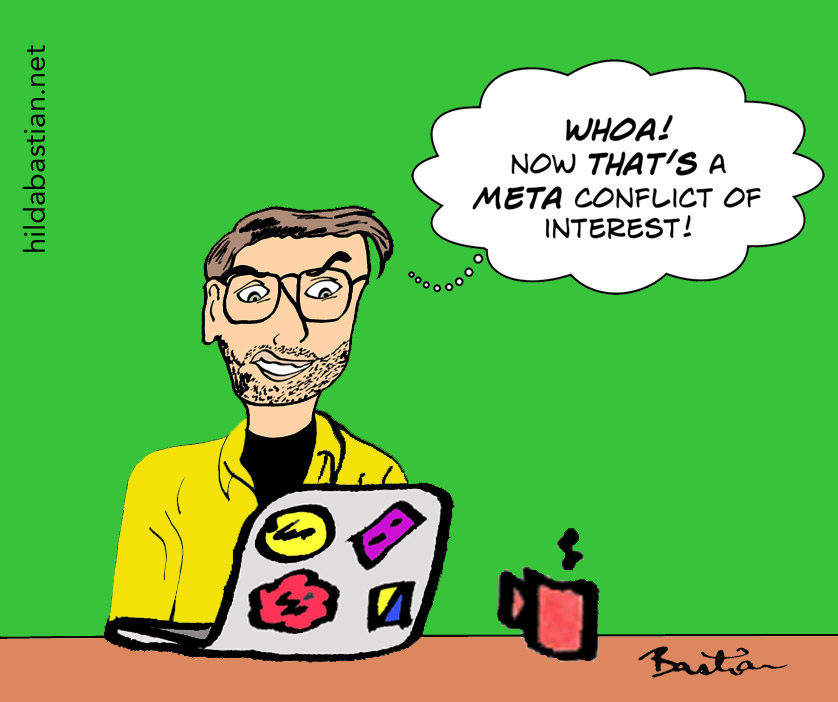"Destructo-Critics" and Mean Bloggers: The Study | Absolutely Maybe
A couple of years ago, psychologist Susan Fiske launched a broadside against science bloggers - since taken offline - packed with name-calling.

opinion articles
Send us a link
A couple of years ago, psychologist Susan Fiske launched a broadside against science bloggers - since taken offline - packed with name-calling.

Why colleges and universities that claim to take teaching seriously need a comprehensive and fair system of evaluating it.

Fake publications are corrupting the world of research- and influencing real news.

Lynn Kamerlin, Bas de Bruin and their colleagues have been the most vocal critics of Plan S from the very beginning, braving continuous opposition from certain OA leaders. Now that final Plan S guidelines were released, the chemists publish this Open Letter expressing their worry about a possible dystopian OA future.

Open access is a movement constituted by conflict and disagreement rather than consensus and harmony. Given just how much disagreement there is about strategies, definitions, goals, etc., it is incredible that open access has successfully transformed the publishing landscape.

Science historian Aileen Fyfe explores how copyright has become intertwined with scholarly publishing.
All researchers should strive to improve the quality, relevance and reliability of their work.

"Our focus has to shift from quantity to quality…we must abandon the assumption that a passive apprenticeship system works" Dr Finkel calls for formal action in Nature journal to improve better research practices. Nature published an article by Dr Finkel on 19 February 2019 on how to move research from quantity to
Plan S has injected a much-needed sense of urgency to the debate about transformation to full and immediate open access, but what are we missing in our focus on the minutiae of compliance?

Open Access (OA) publishing has a long history, going back to the early 1990s, and was born with the explicit intention of improving…
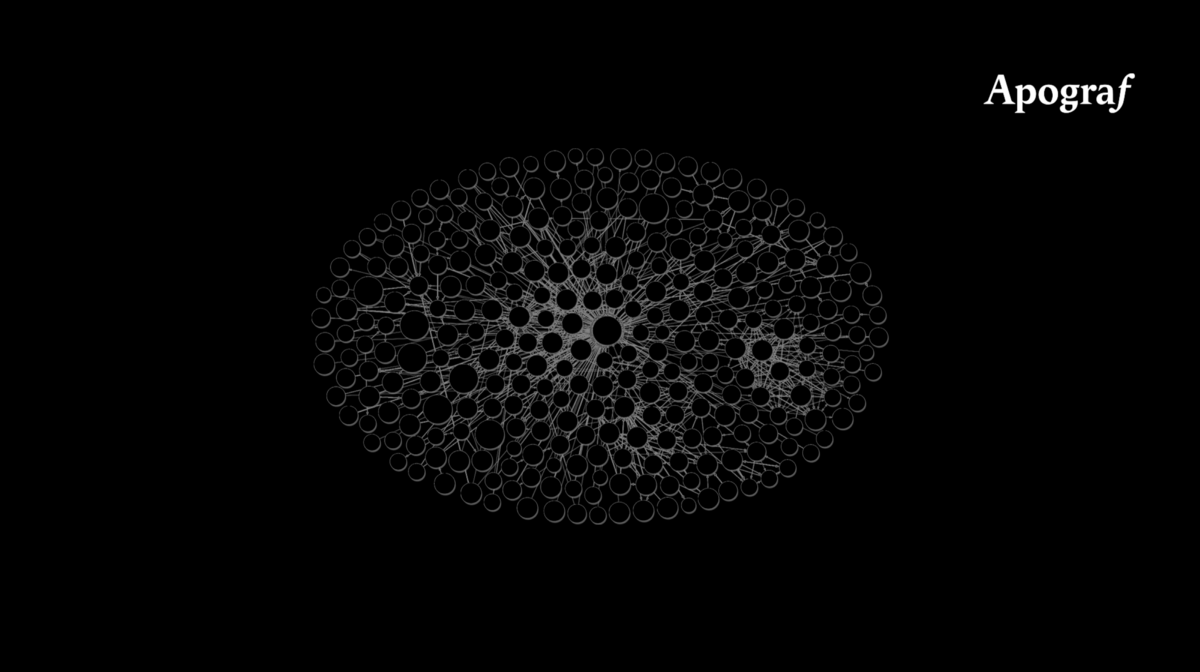
The Royal Society is working to achieve the best outcome for research and innovation through the Brexit negotiations and support continuing relationships and build new ones across Europe and beyond.
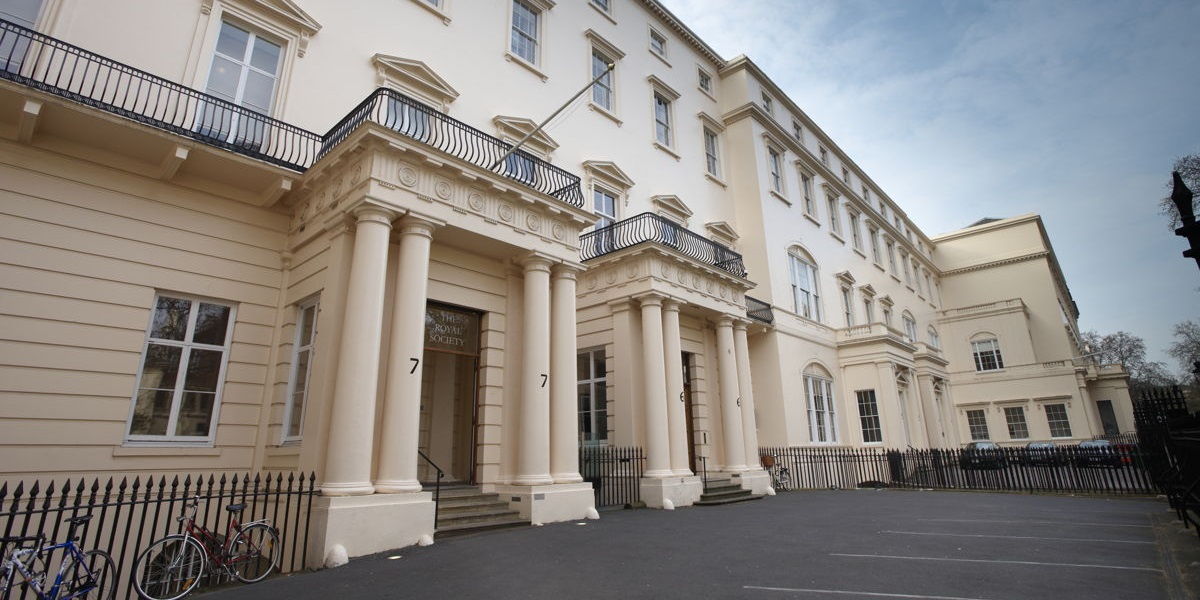
The recent fashion for “transformative” Read-and-Publish agreements - are they really what’s needed to deliver affordable open access? An opinion piece.
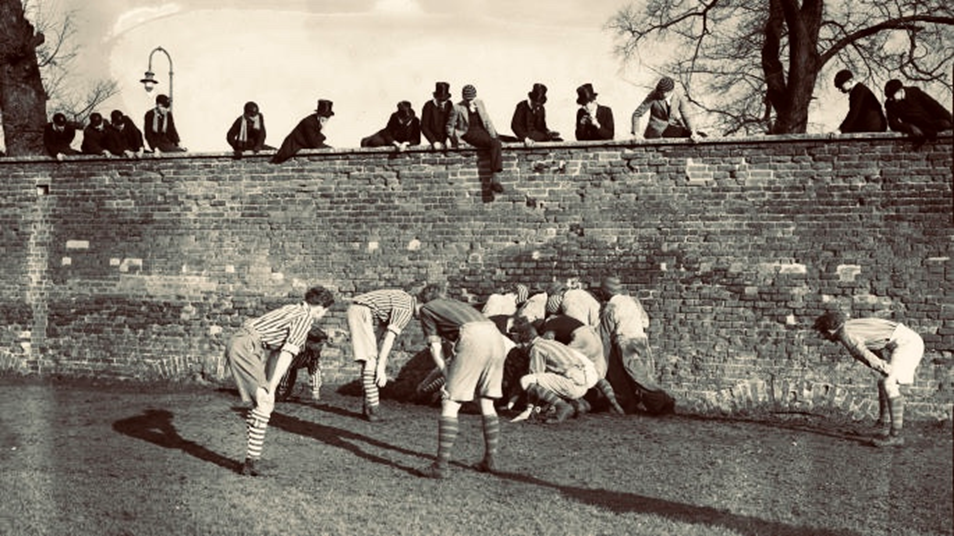
A brief review of studies linking social media and article-level performance.

It is undeniable that preprints are a growing force in the scholarly communication landscape - but what does their future look like?
The world's first and longest-running scientific journal, Philosophical Transactions of the Royal Society began publishing in 1665, and it…
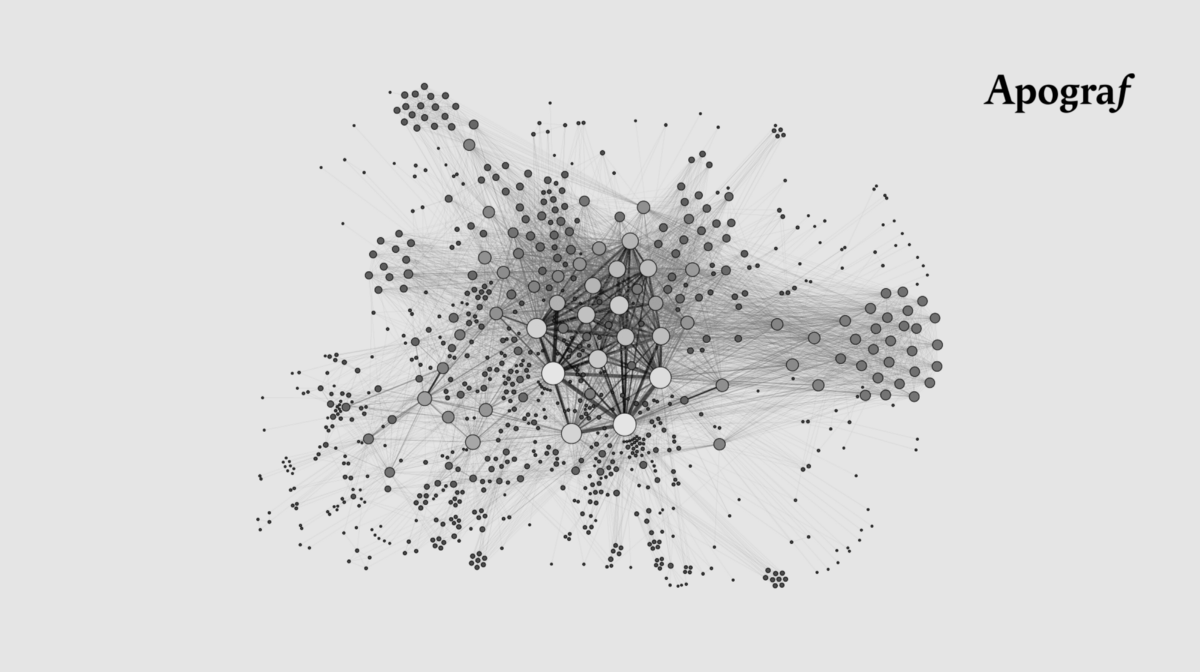
In the last few years, there has been a marked shift in the debate on open access publishing from a focus on (mere) outputs to one on infrastructures. With terms such as 'community-led', 'the commons' and 'governance' regularly bandied about, advocates for OA are increasingly looking away from commercial publishers and towards infrastructures designed by …

Limiting air travel to reduce carbon footprint works for some academics, but not everyone is onboard

Almost every academic article starts with a literature review. However, although these short research summaries can be beneficial they also introduce opportunities for unverifiable misrepresentation and self-aggrandizement.

A tale of preprints, publications, and (kind of) open peer review.
Our Taken for Granted columnist discusses a new report about the practice-and recommendations for reform.

Some university presses rely on subsidies because their mission is to expand knowledge - not to publish blockbusters.

What legal, as well as ethical and social, factors will ultimately shape the contours of open science? Should all restrictions be fought, or should some be allowed to persist, and if so, in what form?
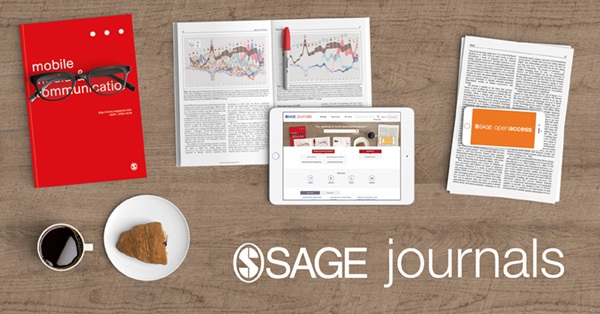
Following charges against a female scientist, some faculty at Switzerland's elite universities say the country has a gender equity problem.

DORA is sometimes taken to be an initiative merely focused on criticising the undue influence of one specific metric, the journal impact factor (JIF). But to see DORA just in those terms overlooks the many positive prescriptions that the declaration lays out for how to reform research assessment.
Open-source software is largely developed by active scientists, yet university hierarchies and national funding bodies generally do not recognise code as valuable output.
There are a couple of angles to look at researcher conflict of interest from. One is that a conflict could distort their work, tilting findings and claims away from "the truth". The other is for the way the work is received, not how it is done: authors' perceived conflicts could damage credibility. How does this translate to authors of systematic reviews and meta-analyses? Are the issues the same, no matter the type of study? I've been thinking about that a lot lately. I was one of the external stakeholders consulted as part of the Cochrane Collaboration's review of its conflict of interest policy for their systematic reviews editorial teams. As they explain, they are looking to strengthen their approach to financial conflicts, and "consider a wider range of possible inherent biases". In biomedicine at least, systematic reviewers/meta-analysts are widely seen as arbiters on the state of knowledge. Their work often guides individual decisions, policy, and funding. I think that
